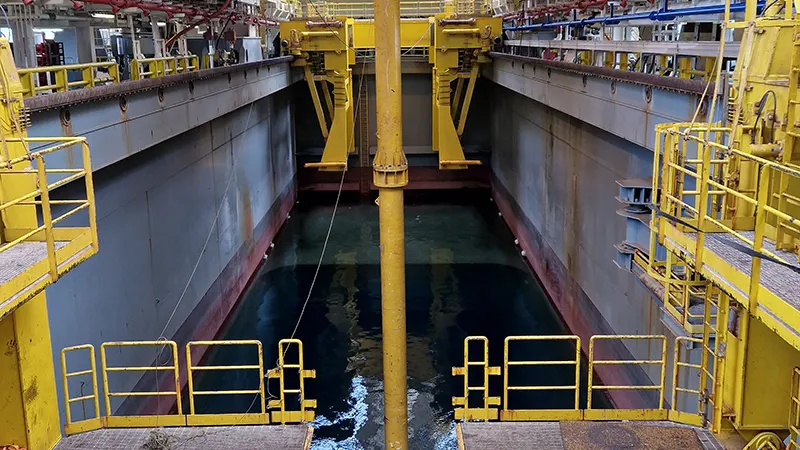
 PTTEP Sabah Oil Limited's Block H gas field expansion project will be undergoing engineering, procurement, construction and installation (EPCI) services by McDermott, in line with a significant offshore subsea contract signed between the operator and the engineering firm.
PTTEP Sabah Oil Limited's Block H gas field expansion project will be undergoing engineering, procurement, construction and installation (EPCI) services by McDermott, in line with a significant offshore subsea contract signed between the operator and the engineering firm.
Part of a larger gas support system for the Petronas Floating Liquefied Natural Gas Dua (PFLNG DUA) facility, the EPCI services will be conducted for a carbon steel pipeline, along with transportation and installation of key subsea umbilicals, risers and flowlines (SURF) components.
"This award reflects PTTEP's continued trust in McDermott's expertise to deliver complex subsea infrastructure," said Mahesh Swaminathan, McDermott's Senior Vice President, Subsea and Floating Facilities. "Leveraging our proven subsea engineering and marine construction capabilities, we are well-positioned to build on our strong track record of successful project execution for PTTEP. The expansion of Block H represents a pivotal development in Malaysia's energy landscape, and our work on this project further reinforces McDermott's strategic presence, anchored by our Kuala Lumpur office – our hub for global deepwater project delivery."
Engineering and project management will be led from McDermott's Subsea and Floating Facilities team in Kuala Lumpur, while offshore installation will leverage the company's versatile marine construction fleet.
A cornerstone of Malaysia's deepwater gas strategy, the Block H is located offshore Sabah, covering the Alum, Bemban and Permai deepwater fields. The Block H has expansion plans to increase domestic gas supply, supporting long-term energy security and economic growth.
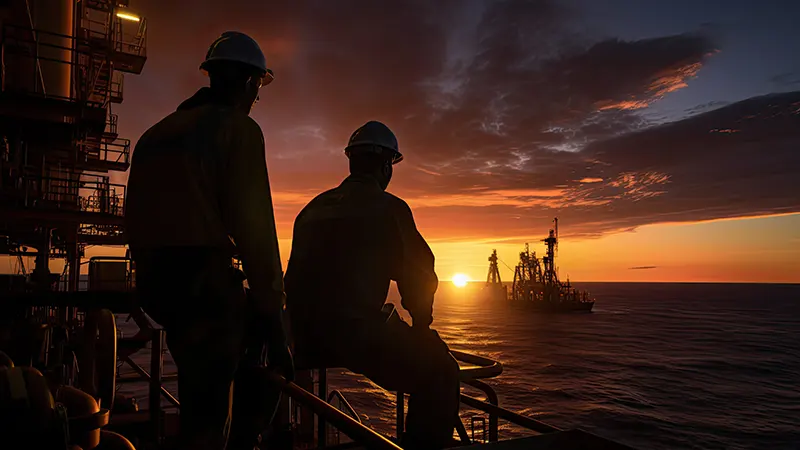
 The decommissioning challenge is coming into sharp focus for Asia Pacific, as it is across much of the globe — but this brings with it immense opportunity too.
The decommissioning challenge is coming into sharp focus for Asia Pacific, as it is across much of the globe — but this brings with it immense opportunity too.
Offshore platform decommissioning can bring with it clean energy and resort development initiatives, artificial reefs and sustainable energy transition opportunities if thoroughly planned and well executed.
That’s one of the core messages from a new insight paper by top law firm Norton Rose Fulbright which assesses the decommissioning challenge facing Asia and elsewhere.
Since 1950, it estimates that over 12,000 offshore oil and gas platforms have been installed globally.
It is forecast that 2,600 may require decommissioning by 2040 at a cost of approximately US$210bn.
Newer platforms sited in deeper waters face higher decommissioning costs — but there are also opportunities, according to Norton Rose Fulbright.
“Southeast Asia, Indonesia and Malaysia have some of the most challenging offshore platform decommissioning obligations globally,” it notes.
“In addition to the significant magnitude of these obligations, uncertainty resulting from unpredictable allocation of decommissioning financial responsibility can impede international investors’ efforts to divest assets and undermine investor confidence in new projects.”
Asia reportedly hosts over 1,750 offshore oil and gas assets, with 85% sited in Indonesia and Malaysia, most operating for 20 years or longer.
Approximately 200 offshore fields are expected to cease production in southeast Asia by 2030, with projected decommissioning costs of roughly US$100bn.
Greater clarity in relation to decommissioning regimes is therefore urgently needed, the law firm notes.
“The issue is especially acute in Indonesia, where production-sharing contracts governing many concessions will soon expire. Operators or investors may view the government or national oil companies (NOC) as responsible for decommissioning costs, while government parties may assert the operator should take responsibility. Indonesia has a decommissioning legal framework, but relevant requirements are not yet fully clarified.”
Malaysia could provide something of a solution.“Malaysia has a history of artificial reef construction, independent of offshore platform decommissioning, with Malaysia’s government and NOC, Petronas, having expressed support for RTR (Rigs-to-Reefs),” the insight paper states.
“Malaysia’s Baram-8 decommissioning was the first RTR project in the South China Sea and was successful.”
Malaysia is also exploring alternative and innovative decommissioning concepts including recreational use of decommissioned platforms, the paper adds.
The RTR debate ensues globally, the law firm notes, and work remains to evaluate RTR’s future prospects, while the issues of costs and liability allocation require attention.
“Marine organisms reportedly provide 50% of our oxygen, while oceans produce 15% of our protein and absorb about 40% of global CO2 emissions. But some stakeholders believe increasing CO2 levels may cause increasing ocean acidification, accelerating loss of natural coral reefs and marine habitat.
“Thus, in addition to preserving and enhancing marine fisheries’ habitat and food resources, broader adoption of RTR decommissioning holds the potential to counteract the global loss of natural coral reefs and, thereby, to help preserve and enhance the marine ecosystem’s capacity to continue providing CO2 absorption and oxygen production capacity, critical to sustaining our world.”
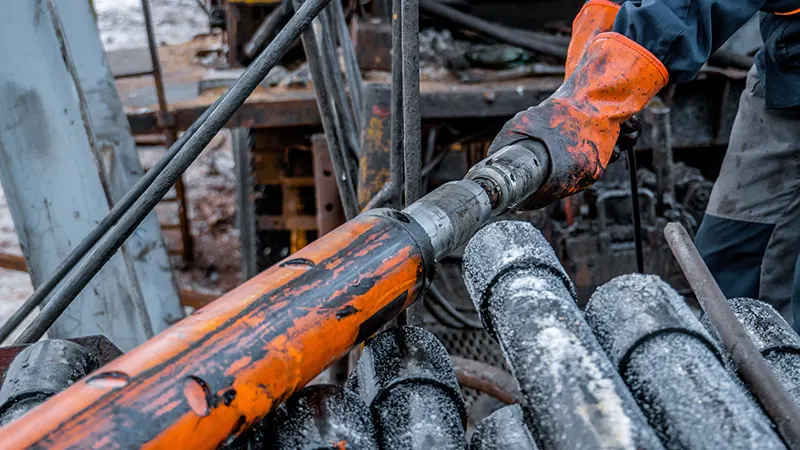
 Jadestone Energy plc has provided an update on the testing and production performance of the Skua-11ST well at the Montara field, located offshore Australia.
Jadestone Energy plc has provided an update on the testing and production performance of the Skua-11ST well at the Montara field, located offshore Australia.
Production from the Skua-11ST well began in early August 2025 and has exceeded expectations. Initial oil production rates surpassed 6,000 barrels per day (bbls/d), well above the earlier guidance of 3,500 bbls/d. Following this initial surge, production rates stabilised at around 4,400 bbls/d with the well operating on a 40% open choke, before other subsea wells at the Montara field were restarted.
The Skua-11ST well was equipped with downhole inflow control devices. These are designed to optimise the sweep and recovery of the reservoir, helping to maximise oil extraction. Moving forward, Skua-11ST and the other wells at Montara will be managed carefully to ensure the highest possible recovery from the field over the longer term.
Commenting on the results, T. Mitch Little, Chief Executive Officer of Jadestone, said, “We are pleased to report the strong initial flows from the Skua-11ST well, which will meaningfully contribute to higher production from Montara, underpinning our revised 2025 production guidance which was upgraded in July. The increase in production will also reduce Montara unit operating costs and extend field life by approximately one year.”
These encouraging results mark a significant step for Jadestone Energy, supporting both improved production forecasts and the long-term sustainability of the Montara field’s operations.
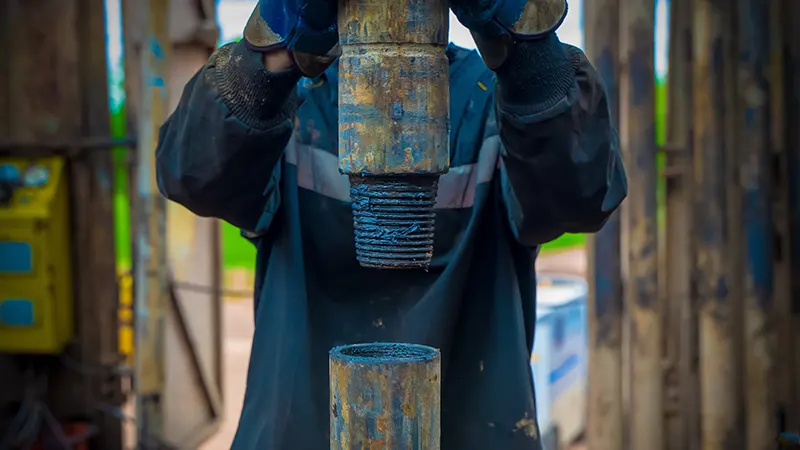
 Sunda Energy has updated investors on its latest well planning activities for the Chuditch field, a material asset in the Timor Sea gas fairway, in Timor-Leste.
Sunda Energy has updated investors on its latest well planning activities for the Chuditch field, a material asset in the Timor Sea gas fairway, in Timor-Leste.
Following an announcement on 16 June 2025 of the postponement of drilling of the Chuditch-2 well by subsidiary SundaGas Banda Unipessoal, Lda., the UK-listed exploration and production company said it has engaged with local authorities concerning the realisation of the drilling campaign, now likely to be in the first half of 2026.
Sunda Energy executives visited Dili in July for meetings with the Minister of Petroleum and Mineral Resources, upstream regulator Autoridade Nacional do Petróleo (ANP) and state-owned joint venture partner TIMOR GAP.
It reported that discussions were “constructive and positive” with all parties committed to completing drilling preparations and executing the campaign on the revised timeline.
In the meantime, it is putting in place a team to assist in the planned campaign, including assessing a revised proposal from the Timor-Leste helicopter company for support on the upcoming offshore work.
The company is also engaged with a number of rig operators in preparation for a full tender exercise to enable the retimed drilling campaign, while the process of securing an environmental permit continues.
The Chuditch production-sharing contract is located 185km south of Timor-Leste, 100km east of the producing Bayu-Undan field, and 50km south of the Greater Sunrise potential development.
The shallow water area contains the Chuditch-1 gas discovery drilled by Shell in 1998, which encountered a 30m gross gas column.
The initial aim is for the drilling of an appraisal well, to be followed by a production flow test (DST) to establish potential flow rates for any anticipated future development.
Separately, Sunda Energy said in a statement that it is “actively engaged” in the pursuit of a number of new business initiatives without identifying details.
It said the target opportunities are “potentially material” and would be “highly impactful” to the company if secured.
Sunda Energy also has applications outstanding on two blocks in the Sulu Sea, offshore Philippines, pending final Presidential signature.
“It is understood that there are now nine new Service Contracts pending signature, including the two in which Sunda will participate, and there is an expectation that these will all be signed in the near future, as a trigger for renewed oil and gas activities in the Philippines,” the statement noted.
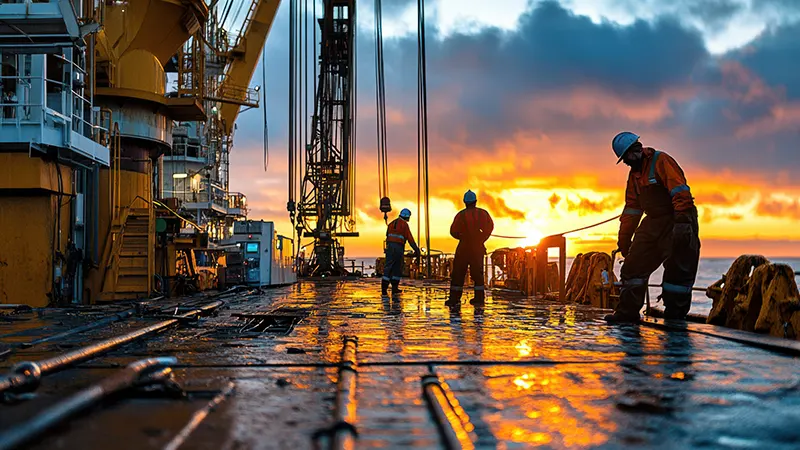
 Since announcing the acquisition of Harbour Energy's Vietnam business in July, EnQuest has wasted no time in getting to grips with its new assets.
Since announcing the acquisition of Harbour Energy's Vietnam business in July, EnQuest has wasted no time in getting to grips with its new assets.
The company recently confirmed that several well intervention projects had gone ahead and been successfully completed.
In July, EnQuest confirmed that it had completed the acquisition of Harbour Energy's business in Vietnam for a 53.125% equity interest and operatorship of the Chim Sáo and Dua production fields (Block 12W) in a transaction valued at around US$85mn.
Since signing the deal, EnQuest reported that the Vietnam asset team has successfully completed a planned annual maintenance shutdown, on time and within budget, and executed three of six scheduled well intervention scopes, which have added around 1,200 barrels of oil equivalent per day (boepd) of gross production.
“Net asset production in the first half of 2025 averaged 5.7 kboepd, with the potential for further in-year upside relating to well intervention activity and performance and the positive impact of a production-enhancing chemical soaking process undertaken during the shutdown,” a recent EnQuest statement noted.
The Vietnam acquisition was soon followed by a separate announcement with EnQuest awarded a production-sharing agreement (PSC) for offshore Block C in Brunei Darussalam, as it grows its footprint across the region.
Block C hosts the condensate-rich gas discovered fields of Merpati, Meragi and Juragan.
Alongside another recent award of PSCs in Indonesia, EnQuest continues to grow its business beyond its core Malaysia operations, where it recently celebrated 10 successful years.
In June, the company was recognised at at the Petronas Emerald Awards ceremony in Kuala Lumpur as Malaysia’s ‘Operator of the Year’ and also landed an additional award for ‘Abandonment Excellence’.
After announcing the Vietnam acquisition, EnQuest CEO, Amjad Bseisu, said South East Asia remains central to the group’s overall growth and diversification strategy.
“We are excited by the opportunity to utilise our proven operating expertise to optimise, enhance and extend the Block 12W assets in Vietnam,” he said.
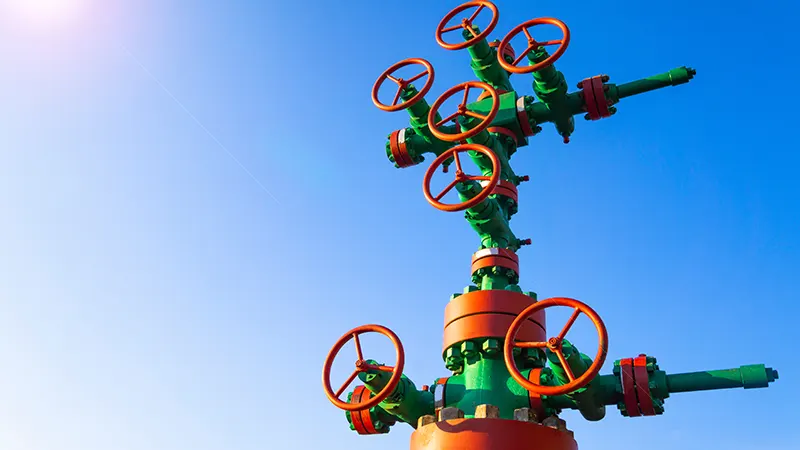
 South Natuna Sea Block B has seen a marked boost in first production from MedcoEnergi's Terubuk Well Head Platform M Project.
South Natuna Sea Block B has seen a marked boost in first production from MedcoEnergi's Terubuk Well Head Platform M Project.
Terubuk's production capacity has reached 6,600 bopd of oil and 60 mmscfd of gas, neeting significant energy security and production targets.
Topside fabrication for the project was completed within six months, well below the average offshore project duration of 10 - 12 months. All phases of the project were executed entirely by Indonesian talent, underscoring the nation's ability to deliver world-class solutions in the energy industry.
The Terubuk Project, which includes WHP-L and WHP-M saw a quick turnaround with the implementation of MedcoEnergi's Digital Microwave Radio and Integrated Control & Safety Systems for remote monitoring and control, to enhance operational efficiency and reliability.
Director and chief operating officer MedcoEnergi, Ronald Gunawan, said, "We appreciate the full support from the Government, SKK Migas, the Ministry of Energy and Mineral Resources, and all involved parties, which enabled WHP-M to reach the sail away and onstream stages in a relatively short time. The innovation in this project management sets a new standard for rapid, efficient, and sustainable marginal field development, and reflects the capabilities of our nation's talent in delivering energy projects.”
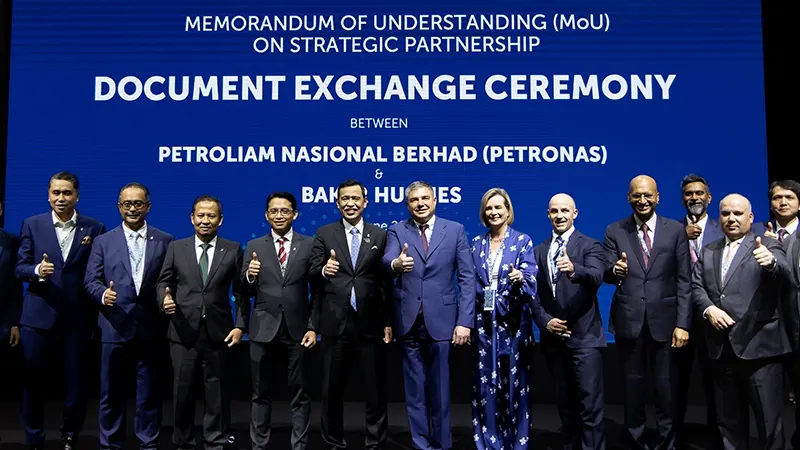
 Energy technology company, Baker Hughes, and Malaysian oil and gas company, Petroliam Nasional Berhad (PETRONAS), have signed a memorandum of understanding (MoU) to explore a strategic partnership to transform Asia's energy expansion and transition
Energy technology company, Baker Hughes, and Malaysian oil and gas company, Petroliam Nasional Berhad (PETRONAS), have signed a memorandum of understanding (MoU) to explore a strategic partnership to transform Asia's energy expansion and transition
The MoU will advance local supply chain capabilities for an effective LNG services footprint that will involve cross-border upskilling programmes for coordinated field operations. It will also cover exploration & production, chemicals and mature assets solutions, alongwith digital and artificial intelligence services. Sustainable energy solutions including carbon capture, utilisation and storage (CCUS), as well as lubricants and biofuels for turbomachinery supply chain will be covered as well.
These broad-ranged services have driven Baker Hughes to develop a full aeroderivative gas turbine module repair services facility in Malaysia, which will see disassembly, assembling, grinding and testing capabilities. The facility will see an installed base of more than 160 gas turbines, enabling customers to access expanded energy services.
“It is critically important to grow alongside our customers in Asia-Pacific, including PETRONAS, as we work toward our shared goal of sustainable energy development to provide for a world that needs more reliable, secure and lower-carbon energy,” said Baker Hughes Chairman and CEO Lorenzo Simonelli. “We look forward to working alongside PETRONAS, as well as other local partners, to realize this additional localization effort to help ensure energy is available today and in the future.”
PETRONAS Senior Vice President of Projects, Technology & Health, Safety, Security & Environment (PT&HSSE) Ir. Ts. Mohd Yusri Mohamed Yusof said, “Our extended strategic partnership with Baker Hughes is poised to drive excellence in project delivery, decarbonisation, supply chain resilience, and technology adoption. It signifies what’s possible when two industry leaders unite to foster innovation ecosystems and shape the future of energy. Furthermore, the setting up of an enhanced aeroderivative facility here is a positive development towards the region’s cleaner energy pursuit, underlining the strong partnerships needed to deliver Asia’s energy transition.”
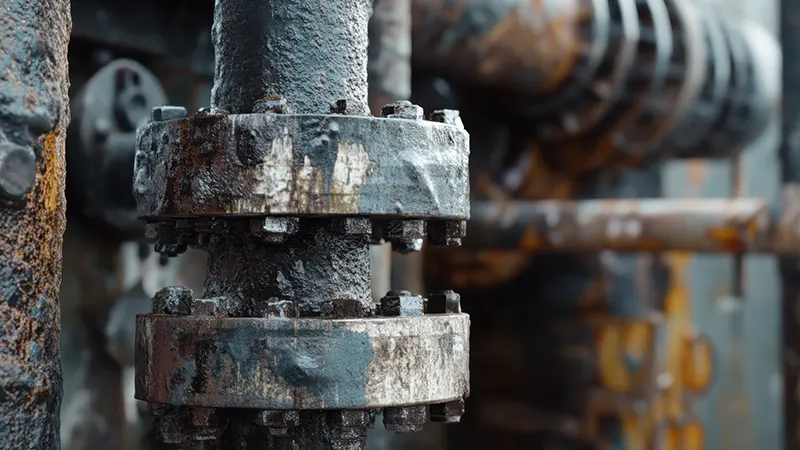
 Full-cycle energy services expert Expro Group is collecting orders from the growth and evolution of southeast Asia’s oil and gas industry.
Full-cycle energy services expert Expro Group is collecting orders from the growth and evolution of southeast Asia’s oil and gas industry.
In a recent presentation, it confirmed that it had secured a three-year contract in Indonesia worth around US$15mn for combined electric line cased hole and slickline services on a single unit across 315 wells.
Separately, it has secured a two-year contract valued over US$8mn in Brunei to deliver well metering services for a client’s production assets.
This agreement, which commenced in February 2025, underscores Expro’s role in enhancing its client’s reservoir and facility management through advanced well flow measurement solutions, such as QPulseTM, Sonar Meter and Multiphase Flow Meters, the company noted.
In the group’s first quarter 2025 results, Expro CEO Michael Jardon said his company is “well-positioned” for the remainder of the year and said he remains “optimistic” about the outlook for more business over the next several years.
The first quarter delivered a solid performance in a “dynamic operating environment”, the company reported, with total global revenues hitting US$391mn.
The company is due to host a conference call on July 29, 2025 to discuss results for the second quarter ended June 30, 2025.
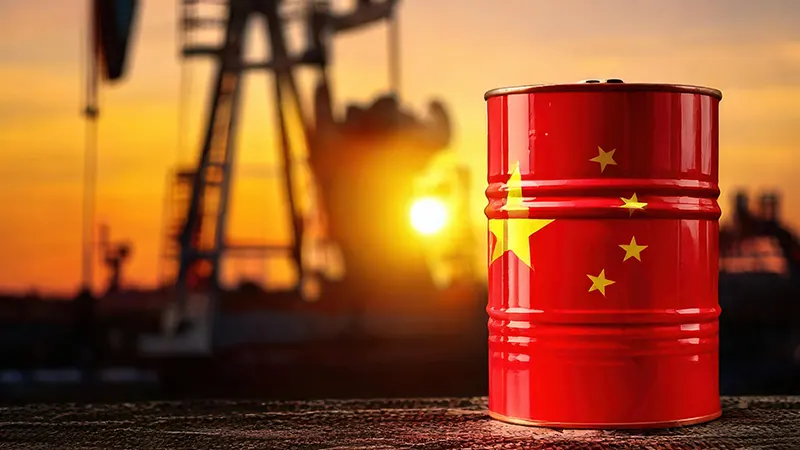
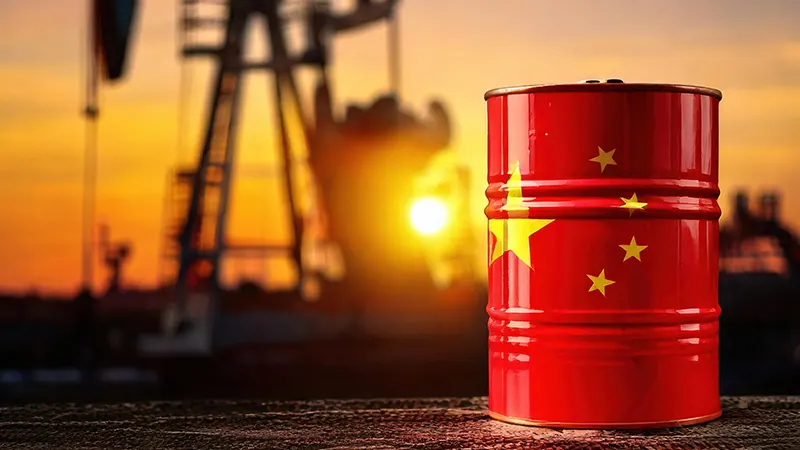 China’s coiled tubing market is expanding rapidly, highlighting growing demand for specialist well services in a country with huge oil and gas production and sustained energy demand.
China’s coiled tubing market is expanding rapidly, highlighting growing demand for specialist well services in a country with huge oil and gas production and sustained energy demand.
In 2024 alone, over 15,000 coiled tubing interventions were performed across the country, according to the Intervention & Coiled Tubing Association (ICoTA), “placing China at the forefront globally and highlighting the enormous potential of this dynamic market.”
The association recently participated at the inaugural International Symposium on Coiled Tubing Technology in Wuhan after re-establishing its China chapter, a recognition of the country’s growing importance to global energy markets and in the evolution of advanced well technologies.
The recent symposium centred on the theme of ‘Innovative Application Scenarios, Unleashing Infinite Potential, and Sharing the Development in the Coiled Tubing Industry’.
“This conference embodies the spirit of ‘technology-driven innovation and win-win cooperation’— setting the stage for the new ICoTA chapter to foster international collaboration and advancements in the coiled tubing sector,” the association noted in a statement.
The symposium was co-hosted by China Petroleum Engineering & Technology Co., Ltd (CPET), National Engineering Research Centre for Oil & Gas Drilling and Completion Technologies, National R&D Centre for Intelligent Oil & Gas Well Engineering, the Coiled Tubing Engineering Committee of the Chinese Petroleum Society, and the CNPC Coiled Tubing Operations Technology R&D Centre.
Co-organisers included oil and gas heavyweights such as CNPC, Sinopec, CNOOC, Halliburton, Schlumberger, Baker Hughes, as well as various renowned universities.
Areas covered during the forum included cutting-edge topics such as ultra-deep and long horizontal well coiled tubing operations, coiled tubing digitalisation, coiled tubing drilling, coiled tubing logging and offshore applications.
Among these, a session on coiled tubing digitalisation drew widespread attention, reflecting the industry’s strong momentum toward intelligent intervention technologies.
During the symposium, Steve Moir, Global Chair of ICoTA, delivered a keynote presentation and officially announced the establishment of ICoTA China, which will be led by CPET.
He also pointed out that the future development of coiled tubing technology will primarily focus on intelligent operations, enhanced adaptability to extreme conditions and deep integration with the energy transition.
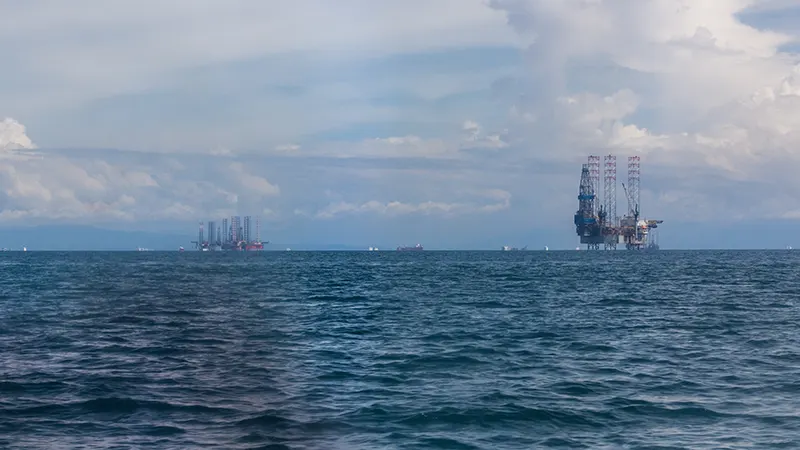
 Brunei hopes to complete the first stage of a new decommissioning hub during 2025, after initial foundation works commenced earlier this year.
Brunei hopes to complete the first stage of a new decommissioning hub during 2025, after initial foundation works commenced earlier this year.
The nation’s first integrated marine maintenance and decommissioning yard is being put together by Anson International Sdn Bhd, which groups Qaswa Holdings of the Adinin Group, CessCon Decom of the UK and Korea’s Dongil Shipyard Co. Ltd.
The project also has the backing of the Ministry of Finance & Economy, Brunei Economic Development Board (BEDB) and Brunei Shell Petroleum Co. Sdn. Bhd.
Located at Pulau Muara Besar, Brunei’s first commercial integrated decommissioning and marine maintenance yard will first service domestic demand, then wider regional demand.
It will see the creation of a 16-acre integrated yard and initially support Brunei’s own ambitious decommissioning efforts.
Brunei is home to some of the oldest oil and gas infrastructure anywhere in the Asia Pacific region, with 214 offshore platforms and over 1,400 wells.
By offering decommissioning services along with marine maintenance, repair and overhaul, the aim of the new yard is to retain and generate in-country value for Brunei as it phases out some of its ageing hydrocarbon infrastructure.
The yard’s operation is expected to create more than a hundred direct jobs, with Anson International offering apprenticeships and overseas training with CessCon Decom and Dongil for local staff.


Southeast Asia's mature sandstone reservoirs face economic challenges in hydrocarbon extraction. Sand control impacts asset deliverability, while regional initiatives aim to create a sustainable, locally empowered oil and gas industry for energy security and growth.
3M and PT Pipa Mas Putih are collaborating to address sand control challenges by manufacturing 3M™ Ceramic Sand Screens in Indonesia, aiming to enhance hydrocarbon extraction and regional capabilities.
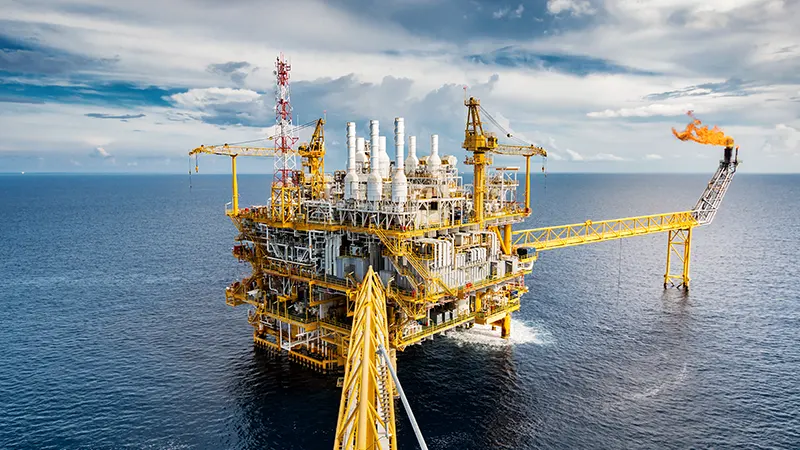
 Brunei Shell Petroleum Sdn Bhd has signed a five-year contract with John Wood Group PLC and its joint venture partner, Tendrill International Sdn Bhd, for the provision of brownfield engineering, procurement, and construction (EPC) services
Brunei Shell Petroleum Sdn Bhd has signed a five-year contract with John Wood Group PLC and its joint venture partner, Tendrill International Sdn Bhd, for the provision of brownfield engineering, procurement, and construction (EPC) services
The contract will span across conceptual design through commissioning and start-up for BSP offshore as well as onshore assets.
A front-runner of Brunei Darussalam's oil and gas industry, BSP contributes significantly to the region's daily oil and gas production.
TendrillWood employs approximately 1,000 people, 70% of which are Bruneian. Under this contract, the JV will continue to invest in the development of local expertise and the supply chain.
Ken Gilmartin, CEO at Wood said, “This award strengthens our position as a trusted EPC partner in Brunei. For over a decade Wood has consistently delivered safe, reliable and efficient engineering and operations solutions to BSP, contributing to domestic energy security.
“Our experience of BSP’s assets enables us to advance asset performance while enhancing local skills development and creating opportunities for the regional supply chain.”
Haryati Ramlee, Managing Director at Tendrill said, “This award marks a significant milestone for Tendrill and our joint venture with Wood. Our local expertise will complement Wood’s experience to deliver safe, efficient and result-driven outcomes for BSP while aligning to the national agenda to maximise local content, capacity development and long-term value creation for the country. Our joint venture brings world-class standard to local operations while ensuring our people, our communities and our industries continue to benefit.”
The contract has scope for a two-year extension.
Page 3 of 14
Copyright © 2025 Offshore Network